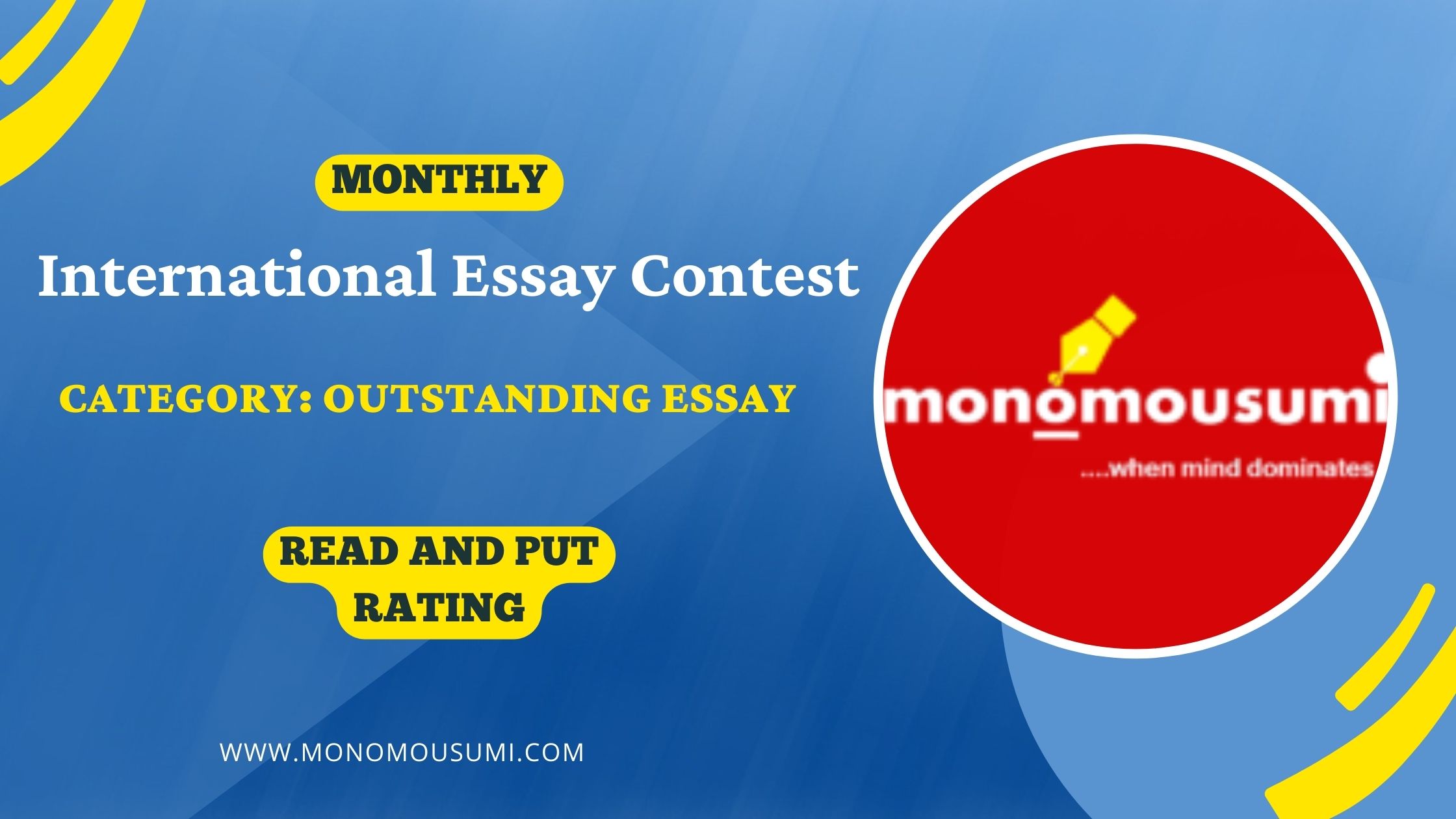
Frogs
It all started with a long drive on a rainy day when my family and I inhaled a mouth watering scent only to find a tiny cottage, a wrinkly man, eight plates of pan fried chicken momos and us with an expetionally hearty appetite.We soon found ourselves coming back to the place every time it rained, almost as if it were a tradition.
This tradition has now become an integral part of our lives. It is almost unbreakable and is celebrated every year with a pure and an ever so nostalgic heart.
This is exactly what the essence of a festival is, to spread the feeling of love, happiness, diversity and ofcourse, cheer!
Let’s face it. With growing times and consistent improvement in technology, life became busy. Adulting became difficult and juggling work life and family life became a laborious task.
The only free time people got was spent either by scrolling and liking “aesthetic” pictures and reels on social media or simply watching mediocre shows on OTT platforms.
Festivals allowed people to get away from their mundane lives and hectic schedules by spending time with their loved ones, spreading the feeling of warmth, delight and joy and discovering what life is really about.
It’s true that there is no place like home which is exactly what festivals remind you of. The memories of the warm and cozy rooms of your house, the lanterns packed and kept in the store room waiting to be lit, the comforting and soothing roads of your hometown comes running back during festive seasons leading to awaited reunions and strengthened bonds.
Being an Indian by origin, I guarantee that festivals are not a thing to be taken lightly. No festival in the Indian community is complete without mouth watering sweets and namkeens, desi garments and ever so captivating decorations! But that’s not why they are considered to be so important. Every festival holds a story, every story holds a significance and every significance holds morals and valuable revelations. The most interesting part is that all revelations differ considering the perception of the listener.
Let me explain. Guess what one of the most common element observed throughout the oral Indian history is? Fasting! But why is fasting so common? What is it’s significance? Some believe that fasting shows one’s devotion towards nature and its creator, some believe that it takes one in the state of enlightenment and peace while some find it as a symbol of revenge or a protest. It’s significance varies depending on the listener’s perspective which is why no observation or significance made remains the same in oral history making it even more intriguing.
Although festival are celebrated differently, they are celebrated universally. One doesn’t simply get the feeling of festivity unless and until they celebrate it the they way they do every year. This however arises a problem and a dilemma us Indians and probably the whole world has been facing in some way or the other.
Diwali, the festival that celebrates the triumph of light over darkness is reputed for it’s beautiful rangolis, graceful diyas, candles and guess what, bursting crackers!
Despite being aware of the environmental harm and increase in pollution, most of the Indian community burst crackers every diwali. It has become a tradition for them, has been embedded in them and now holds a great and an ever so nostalgic value.
On the other hand, the world now is experiencing grave environmental situations and climate change.
Festivals such as diwali and holi are said to bring in the feeling of hope and peace to this world but looking at the condition of India especially after celebrating these festivals in the old manner seems to bring in quite the opposite.
It’s true that people are going lengths to spread awareness about these issues. But do these actually work? Will putting flyers and hosting zoom meetings on such topics make people understand the importance of nature and the value of our planet? And more importantly, will people be able to let go of the nostalgic part of themselves to see the reality and the approaching aftermath?
Earth had been forced to smoke the filthy pollution and take in harmful chemicals only by the people who will be the most effected by them. Our planet now seeks revenge which has already been put into order. The choice is ours. Will we simply choose to obey our emotions and continue to ruin our planet or take a stand by letting go of those emotions to save us, to save the world and the planet for the better? Will we choose to fight or flight?
By: Anusha Dayal
Write and Win: Participate in Creative writing Contest & International Essay Contest and win fabulous prizes.


